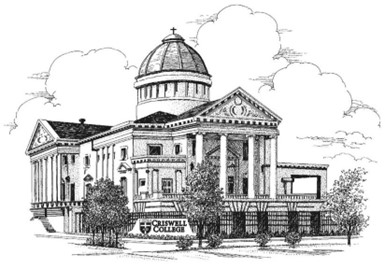In the late 1980s I quit my Master of Divinity program partially because of the seminary’s intolerance of conservative views and partially because I didn’t believe I really needed it. In church, I had already been pastoring in a full-time context for a couple of years, I could study the Scriptures myself, my sermons were good enough that no one threw anything at the platform, and things in the congregation were headed in a good direction. I evaluated formal education as a luxury whose main benefit is an ornamental credential anyway.
Then my music minister invited me to sit in on a class session with him at his college.
One class period at Criswell College in 1989 with Dr. Luis Pantoja and I knew I had to enroll. There was a real discussion, in which Dr. Pantoja was respectful of even completely divergent views, and yet in which he brought thorough knowledge and expertise to bear and gave us a reason to land right back in the center of our faith. I was confident in my commitment to doctrine, so that wasn’t what attracted me; it was the intellectual stimulation, the challenging parley from students who disagreed, and the interaction with historical scholarship both in alignment and at odds with the views of the professor. More precisely, it was the academics.
There are a lot of elements and values which converge to make Criswell College a unique institution. But the synthesis which drew me in, and keeps me motivated to this very day, is the one which makes us as thoroughly academic as we are stubbornly doctrinal. I regularly hear from Criswell graduates who are surprised at how easily they have moved into the highest academic programs at some of the most respected institutions.
As a 25-year-old I was wrong about formal education. In the constraints of academia I learned real truths which changed the way I think, live, serve, and work. And one of the reasons I love teaching and serving students at Criswell is because I know what they receive in the classroom will work the same transformation in them.

